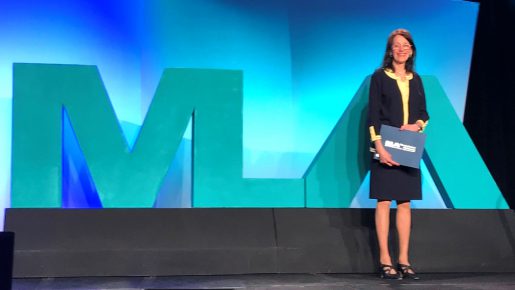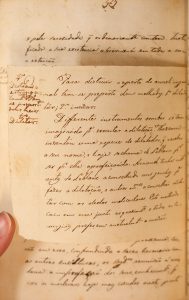The HSLS Staff News section includes recent HSLS presentations, publications, staff changes, staff promotions, degrees earned, etc.
Names in bold are HSLS-affiliated
News
Welcome to Anthony Harris, Assistant Learning Management System Developer. Anthony recently graduated from the University of Pittsburgh with a Bachelor of Science in Information Science and will be working with both the NNLM Web Services Office (NWSO) and the NLM All of Us Research Program Training and Education Center (TEC).
Tessa Zindren joined the staff of the National Network of Libraries of Medicine, Middle Atlantic Region, as Program and Outreach Assistant. Tessa will be responsible for maintaining outreach materials, responding to member and staff requests, and reporting to internal and external stakeholders. She has a Bachelor of Science in Business Administration with a major in Marketing from Pitt and was most recently Project Manager at AMG Research.
Publications
M.A. Bowman, D.J. Buysse, J.E. Foust, Research and Instruction Librarian, et al., published “Disturbed Sleep as a Mechanism of Race Differences in Nocturnal Blood Pressure Non-Dipping,” in Current Hypertension Reports, 21(7), May 22, 2019. Continue reading →



 A new Falk Library is on the way! As part of the
A new Falk Library is on the way! As part of the 

